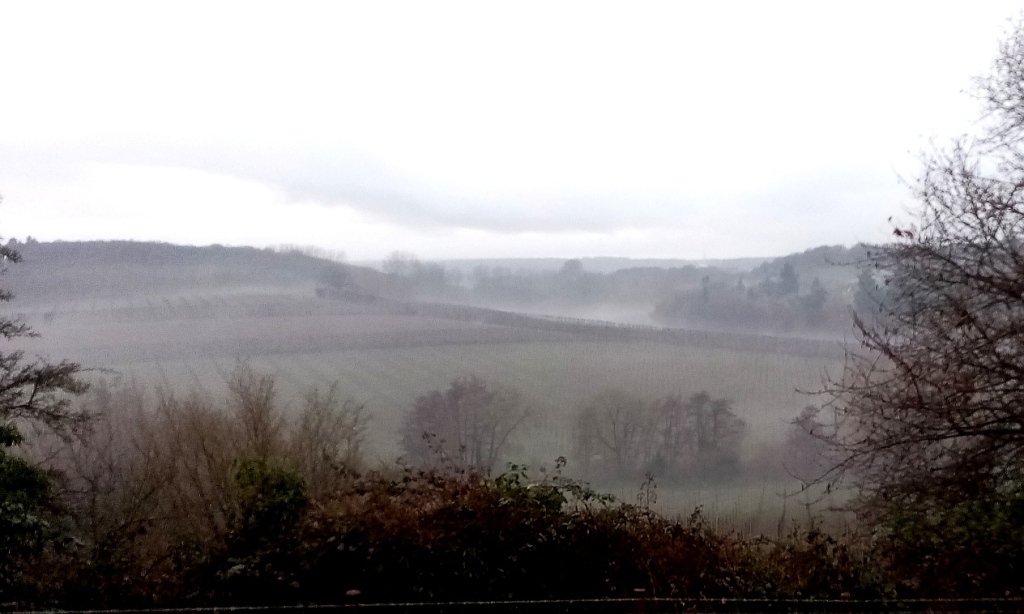15 March: Hiking into Silence

Silence can be a moment of revelation, writes Eddie Gilmore of the London Irish chaplaincy. Here’s a paragraph from his reflection, where a hike across Wales opened that possibility to him. As ever, the whole article is worth reflecting upon, but here’s that taster. When I was fourteen I was on a school trip to North Wales and we were hiking one day across the high and remote moorland when the guide asked us to stop dead still and to listen. Having grown up in a city, and in a house where my sister liked to have Radio 1 playing all the time, and where the TV was usually on non-stop, it was probably the first time I had heard that sound of silence. And what an amazing sound it was. It lasted just a few seconds before some of the others started giggling but it was a little moment of revelation for me. What revelation could we receive if we stopped the noise for a few minutes? That said, I used to find silence following a noisy lawnmower around some extensive grounds, part of my mind concentrating on the machine and the grass, the rest, eventually turning to silence.There are many entries to the bliss of solitude. |












